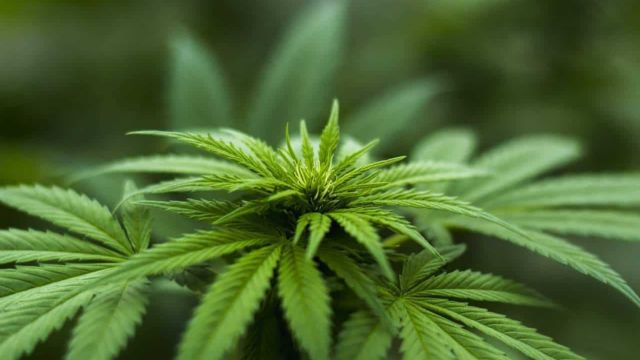Cannabis, or marijuana, is a plant that contains psychoactive substances like cannabidiol (CBD) and tetrahydrocannabinol (THC). Although marijuana has a wide range of therapeutic and recreational uses, many nations and states have different laws governing its use. This article explores Texas’s marijuana regulations, which are among the most conservative and populous in the US, both now and in the future.
Does Texas Legalize Marijuana?
Simply put, no. According to the Controlled Substances Act, marijuana is categorized as a Schedule I substance in Texas, meaning it has a high potential for abuse and no accepted medicinal value. In Texas, it is illegal to possess, grow, sell, or distribute any quantity of marijuana. Offenders risk fines, jail time, or both.
However, there are several exceptions. Under Texas’s Compassionate Use Program, persons with qualifying illnesses such multiple sclerosis, epilepsy, and terminal cancer can obtain low-THC cannabis oil with a prescription from a physician. The program, which has drawn criticism for its restrictions, allows oil with at least 10% CBD and no more than 0.5% THC.
Another exception is hemp, a low-THC cannabis strain that is mainly utilized in industrial settings. After hemp was made legal on a federal level by the 2018 Farm Bill, Texas enacted House Bill 1325 in 2019 to allow the production, processing, and sale of hemp and goods derived from it, subject to rules and testing specifications.
Texas Penalties for Marijuana Offenses
Texas has different penalties for marijuana violations depending on the kind of drug, amount, criminal history, and circumstances:
- Possession: May result in an aggravated first-degree felony for more than 2,000 pounds or a Class B misdemeanor for up to 2 ounces.
- Cultivation: This can result in enhanced first-degree felony status for more than 2,000 plants, or a state jail felony for up to 4 plants.
- Sale or Delivery: Ranges from an aggravated first-degree felony for more than 2,000 pounds to a Class B misdemeanor for up to 7 grams.
- Compounding Elements: Penalties may increase depending on a number of variables, including the offender’s location, past criminal history, use of firearms, and interactions with vulnerable or juveniles.
Texas’s Potential for Medical Cannabis Reform
There is a movement for reform in spite of the strict rules. According to a 2020 University of Texas and Texas Tribune poll, 60% of Texans are in favor of legalizing marijuana for either recreational or medical use. In the Texas Legislature, bills for decriminalization, legalization, and increased medicinal use have been submitted, but none of them have yet to become law.
Although some municipal governments have put laws in place to lessen the enforcement of minor marijuana offenses, the future of reform will depend on a number of variables, including the state of politics, public sentiment, the influence on the economy, and scientific findings.
Reform may have the following advantages: lower expenses for the criminal justice system, increased tax income, better patient outcomes, and increased individual freedom. Obstacles could include hostility from society, legal and regulatory issues, and worries about public health and safety.
Read More: This Georgian City Has Been Recognized As The State’s Most Racist
In summary
Texas has strict marijuana regulations, but reform may be possible if public opinion and political will change. The possible effects on people’s lives, the economy, and society highlight the importance of keeping up with the latest developments in this complicated and divisive topic.




